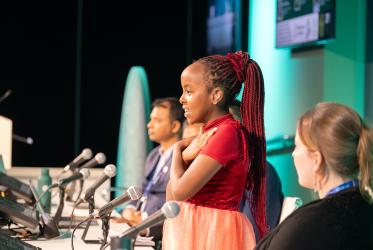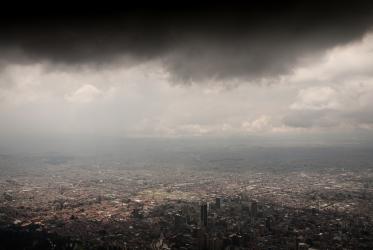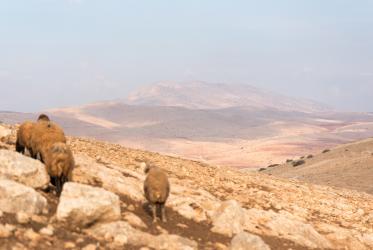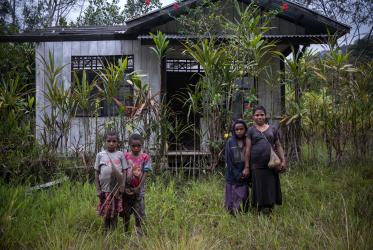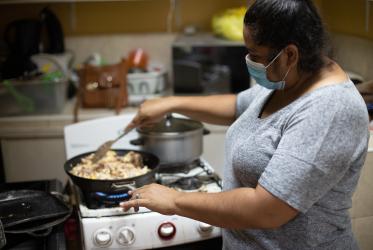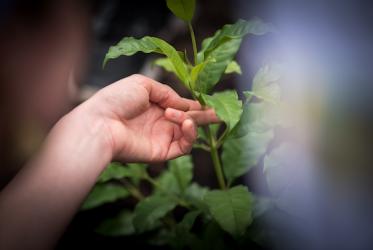Displaying 1 - 20 of 57
“They want to live without fear and constant harassment”
25 October 2023
Nuclear weapons threat, climate change linked in many ways
17 August 2021
In Palestine, “God honored this olive tree”
12 November 2020
Church of South India eco-ministry featured on UNESCO website
17 February 2020
WCC well-represented in Religions for Peace leadership
07 October 2019
How can you help refugees?
11 October 2018
